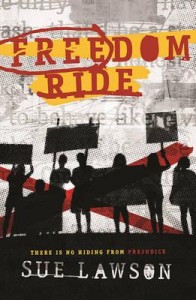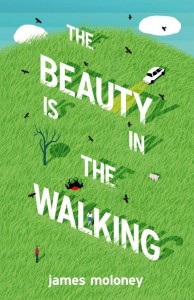 Mia’s family has immigrated from China to the US for a better life – which is fine, until the reality of finding work hits. With little more than $200, the family takes on a job running a motel for Mr Yao, the wealthy owner. They soon realise life isn’t going to be as rosy as they first thought, as Mr Yao takes advantage of their desperate situation.
Mia’s family has immigrated from China to the US for a better life – which is fine, until the reality of finding work hits. With little more than $200, the family takes on a job running a motel for Mr Yao, the wealthy owner. They soon realise life isn’t going to be as rosy as they first thought, as Mr Yao takes advantage of their desperate situation.
‘Front Desk’ reflects a lot of the personal experiences of the author, Kelly Yang, as she too helped her parents manage several motels in California from a young age. Just as Mia finds school difficult (hiding her poverty and facing racist taunts), so too did Kelly.
The exploitation of immigrant workers and racist attitudes facing people of non-white appearances is strongly portrayed, as Mia’s family struggles to get ahead. They find some comfort and support from the ‘weeklies’ who live in the Calivista Motel – though initially puzzled by the warning one gives them about the nature of their employer:
[Hank] “Everyone hates Mr Yao… Trust me, he’s anything but all right.”
Mia strives to get off the hopeless roller coaster of her situation. She has ambitions to become a writer, even though her mother constantly directs her to devote her studies to maths. Is this an unrealistic ambition for a Chinese daughter of immigrants? Why is her mother so insistent on maths?
While Front Desk is fairly easy to read, many of the events and issues it raises are not. The ways Mia has to employ to cope with her family’s impoverished situation – both at school and at home, could make you sad. However, the other disempowered people she meets who spur her on and support the family provide hope.
It is HOPE that has to be continually reignited in this story, as Mia’s roller coaster takes her and her family on a rough, and sometimes dangerous, ride.
Kelly Yang wrote this story with purpose:
Finally, I hope that through this book, more people will understand the importance of tolerance and diversity…
This book is about what happens when you include, when, despite all your suffering and heartache, you still wake up every morning and look out at the world with fresh, curious eyes.
In this video, Kelly introduces Front Desk:
A recommended read for middle schoolers, and those who would like to see the immigrant experience through authentic eyes.
# The copy previewed has a different (newer) cover – why do you think the publishers have done this?
## Which of the things which happens to Mia and her family do you find most surprising? or most shocking?




